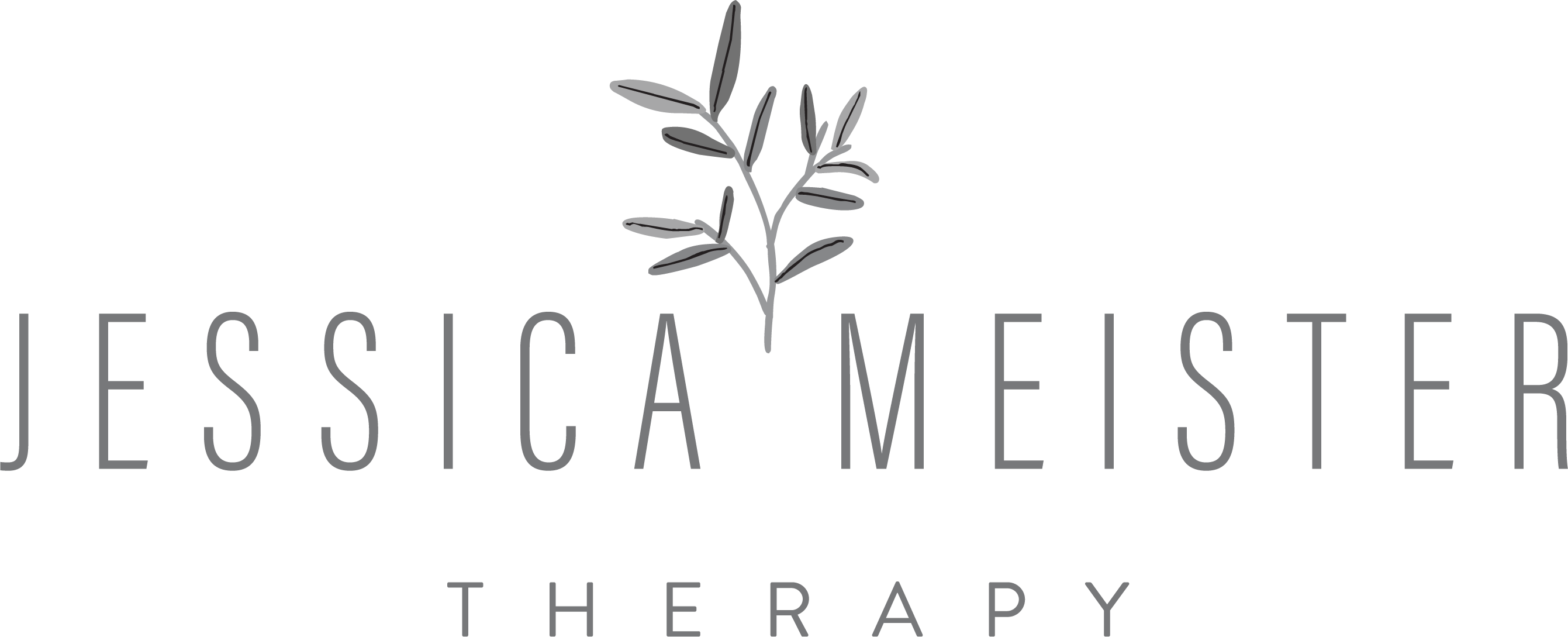Receiving a diagnosis of Primary Ovarian Insufficiency (POI) can be a life-altering moment, bringing a tidal wave of overwhelming emotions and uncertainties. While facing the challenges of POI can be daunting, it’s crucial to recognize that there are support systems available to help you navigate this journey. In this blog post, we will explore practical ways to cope with a POI diagnosis, addressing emotional, medical, and lifestyle aspects.
- Educate Yourself: Understanding the Diagnosis
- The first step in coping with POI is gaining a comprehensive understanding of the condition. Take the time to research and discuss the diagnosis with your healthcare provider. Knowing the causes, symptoms, and available treatment options empowers you to make informed decisions about your health and feel some semblance of control with a diagnosis that can lead to feelings of helplessness.
- Seek Professional Support: Building a Healthcare Team
- Establishing a strong healthcare team is essential for managing POI. Consult with specialists in reproductive endocrinology or fertility to explore treatment options and develop a personalized plan. Open communication with your healthcare providers is key to addressing concerns and adapting the treatment plan as needed.
- Emotional Support: Sharing and Connecting
- Coping with POI can be emotionally challenging. Don’t hesitate to share your feelings with friends, family, or a mental health professional that you feel emotionally safe to do so with. Joining support groups or online communities where individuals share their experiences can provide a sense of belonging and understanding. Additionally, joining support groups or participating in online forums connects you with individuals who share similar experiences. These communities offer valuable insights, practical tips, and emotional support as you navigate the challenges of living with POI.
- Fertility Preservation: Planning for the Future
- If fertility is a concern, discuss fertility preservation options with your healthcare provider. In certain cases, technologies like egg or embryo freezing offer possibilities for future family planning. Understanding and exploring these options can provide a sense of control over your reproductive choices.
- Hormone Replacement Therapy (HRT): Managing Symptoms
- Many women with POI benefit from Hormone Replacement Therapy (HRT) to manage symptoms and prevent long-term health issues. Consult with your healthcare provider to discuss the risks and benefits of HRT, finding a treatment plan that suits your individual needs.
- Healthy Lifestyle: Supporting Overall Well-being
- Adopting a healthy lifestyle can positively impact your well-being and empower you to take more control over the situation. Focus on maintaining a balanced diet, incorporating regular exercise, and prioritizing sufficient sleep. These lifestyle choices contribute to both physical and emotional health.
- Mind-Body Techniques: Cultivating Resilience
- Practices like mindfulness, meditation, and yoga can help manage stress and promote emotional resilience. Incorporate these techniques into your routine to enhance your overall coping abilities.
- Set Realistic Expectations: Embracing the Journey
- Coping with a chronic condition like POI is a journey that unfolds over time. Set realistic expectations for yourself, recognizing that adaptation and acceptance take time. Celebrate small victories and be patient as you adjust to the changes in your reproductive health.
- Explore Alternative Paths to Parenthood: Embracing Possibilities
- If biological parenthood becomes challenging, but exploring or accepting alternative paths to parenthood such as adoption or surrogacy also feels emotionally challenging as well, consider processing these emotions with a mental health professional.
Coping with a diagnosis of Primary Ovarian Insufficiency requires a holistic approach, integrating medical guidance, emotional support, and lifestyle adjustments. By taking proactive steps, building a strong support system, and embracing the possibilities that lie ahead, individuals with POI can navigate this journey with resilience and hope. Remember that you are not alone, and there are resources and communities ready to provide support as you chart your course forward.

